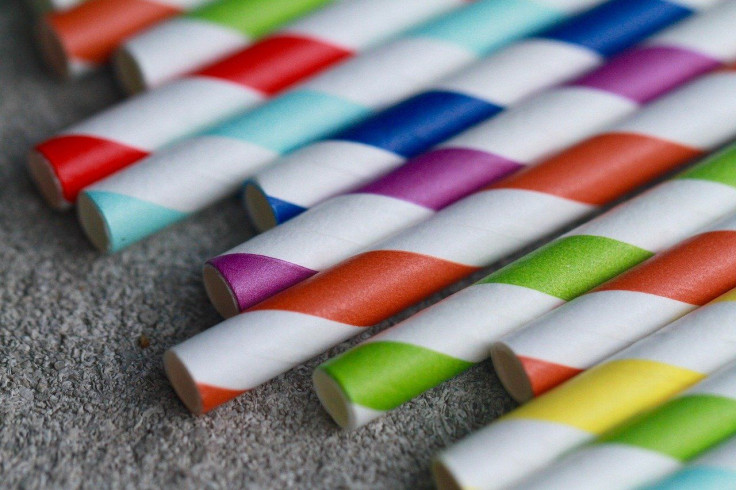Straw-Like Tool Fares Better At Stopping Hiccups Than Home Remedies: Study
KEY POINTS
- A doctor invented a straw-like tool to stop hiccups
- It was found to be more effective than home remedies during early trials
- Future studies are needed to determine its efficacy in a randomized trial
A team of researchers may have a solution for people who have struggled to find a remedy for annoying hiccups. In their study, they said a straw-like tool helped eliminate the hiccups in over 90% of cases.
People have their own preferred hiccups remedy, from holding their breath to drinking water from the side of the glass. However, these means are "inconsistent" and have "poor effectiveness," the researchers of a new study, published in JAMA Network Open, said.
What's more, hiccups can be more than just annoying. For some, it could be downright bothersome.
"Many patients with brain injury, stroke, and cancer chemotherapy patients get hiccups on my floor," the study's senior author, Dr. Ali Seifi of the University of Texas Health Science Center, told Live Science in an email. He, too, experienced getting hiccups while delivering a speech and described how a patient who underwent neurosurgery increasingly became frustrated as nurses helped him go through various hiccup remedies.
"There is a need for a simple and effective method to stop hiccups," the researchers wrote.
As such, Seifi invented a tool to stop hiccups in their tracks. Called the forced inspiratory suction and swallow tool (FISST), it is a straw-like tool through which a person with hiccups would forcefully sip and immediately swallow the water from a half-full glass, the product website explained. The idea is that the straw, now given the brand name "HiccAway," would "instantly" relieve hiccups "with just one sip."
"HiccAway instantly relieves hiccups by generating enough pressure while sipping from the device to lower the diaphragm while simultaneously activating the leaf-shaped flap in the throat (The Epiglottis)," the product website noted. "Doing this stimulates two key nerves (The Phrenic & Vagus Nerves) responsible for the hiccups, allowing the brain to reset and stop the hiccups."
Exciting News! HiccAway was published in the #JAMA journal today, the Bible of all medical journals. It highlights the method in which the device works as well as a deep dive into the effective results shown through a pool of participants.
— HiccAway (@HiccAway) June 18, 2021
Read More >> https://t.co/XqHWcW4mJh
In total, 649 participants worldwide volunteered to receive FISST for free, 290 of whom consented to participate in the study. The researchers were able to validate 249 of the responses.
Among the participants, 69.5% reported having hiccups at least once a month and 65.9% also reported having hiccups for less than two hours. They answered an online questionnaire to rate their experience with FISST compared with other hiccup remedies. On a scale of one to five, five corresponded to being "strongly in favor of FISST."
"FISST stopped hiccups in nearly 92% cases and was rated favorably compared with home remedies across all demographic characteristics, hiccup frequencies, and hiccup durations," the researchers wrote.
It received a mean effectiveness score of 4.58 and a satisfaction score of 4.57 from the participants who responded. There were also no reports of adverse effects.
However, the researchers said the study lacked a control group and future studies are needed to determine its efficacy in a randomized trial where some people will get the real product while others will get a fake one. So far, trials have already been initiated in the U.S., Switzerland and Japan, Seifi told Live Science.

© Copyright IBTimes 2024. All rights reserved.






















